
Electricity Authority of Cyprus decided to adopt a future development project, although there are still questions on which way it will follow. If EAC chooses to finance its development projects through a revised tariff policy, the Regulatory Authority of Energy and the Competition Protection Committee will be the competent authorities to approve the new tariff of the power producers.
Meanwhile, the Cyprus Consumer Protection Association announced that it will appeal to the Competition Committee if EAC increases its tariffs.
Regulator: “I will decide”
According to StockWatch sources, EAC is already moving towards an increase in prices, although Chairman of the Regulatory Authority of Energy, Costas Ioannou said that no official request has been submitted to the Authority yet. “According to the legislation, the procedure includes the conduct of a study on the enforcement of the development project in the next 5 years. In that case, the Regulatory Authority of Energy will examine whether an increase in prices is advisable. The Authority will also examine whether EAC has made efforts to restrain the costs or increase its productivity”, Mr. Ioannou said.
Taxes
Things for EAC will not be easy. Having funded a development project of £1 billion within the next 10 years, the imposition of extraordinary taxes on a regular basis by the governments will contribute to the shrinkage of the self-financing rate of its development projects. As a result of the dividend policy of the Convergence Program, the self-financing rate of EAC’s development project is expected to drop from 40% to 10%.
It is noted that the imposition of extraordinary taxes to EAC and CYTA by the state equals to the imposition of indirect taxation to the citizens. According to the Audit Service sources, the legislation provides that the two semi-governmental organizations may achieve the surpluses that the enforcement of their development projects requires.
Rebalance
EAC’s Vice Chairman, Andreas Louroutziatis has given a different explanation on EAC’s intentions: “EAC must rebalance its tariff so as to abolish the ‘remnants’ of older subsidies that were not eliminated within the framework of the two older rebalances of the development projects”.
However, the increased operating cost is not controlled by EAC. It is worth noting that there was an increase in the staff costs by 46% in 1999-2003. For the same period, the increase in the cost per employee reached 37%. “EAC is making efforts to increase its productivity. It has already proceeded to reorganization, introducing the alternation of the staff and the grouping of the job posts”, Mr. Louroutziatis said.
Sources reveal that as a result of the price hike in crude oil, the total EAC’s revenues from the sale of electricity have recorded a drop of 3%. The recent agreement for the renewal of the union contracts is expected to affect positively the restraining of the operating cost. If EAC, however, fails to improve its ability to achieve surpluses, an increase in prices might become a boomerang for the company itself. “A tariff increase could be a double-edged knife”, a former EAC engineer said.
Meanwhile, the Cyprus Consumer Protection Association announced that it will appeal to the Competition Committee if EAC increases its tariffs.
Regulator: “I will decide”
According to StockWatch sources, EAC is already moving towards an increase in prices, although Chairman of the Regulatory Authority of Energy, Costas Ioannou said that no official request has been submitted to the Authority yet. “According to the legislation, the procedure includes the conduct of a study on the enforcement of the development project in the next 5 years. In that case, the Regulatory Authority of Energy will examine whether an increase in prices is advisable. The Authority will also examine whether EAC has made efforts to restrain the costs or increase its productivity”, Mr. Ioannou said.
Taxes
Things for EAC will not be easy. Having funded a development project of £1 billion within the next 10 years, the imposition of extraordinary taxes on a regular basis by the governments will contribute to the shrinkage of the self-financing rate of its development projects. As a result of the dividend policy of the Convergence Program, the self-financing rate of EAC’s development project is expected to drop from 40% to 10%.
It is noted that the imposition of extraordinary taxes to EAC and CYTA by the state equals to the imposition of indirect taxation to the citizens. According to the Audit Service sources, the legislation provides that the two semi-governmental organizations may achieve the surpluses that the enforcement of their development projects requires.
Rebalance
EAC’s Vice Chairman, Andreas Louroutziatis has given a different explanation on EAC’s intentions: “EAC must rebalance its tariff so as to abolish the ‘remnants’ of older subsidies that were not eliminated within the framework of the two older rebalances of the development projects”.
However, the increased operating cost is not controlled by EAC. It is worth noting that there was an increase in the staff costs by 46% in 1999-2003. For the same period, the increase in the cost per employee reached 37%. “EAC is making efforts to increase its productivity. It has already proceeded to reorganization, introducing the alternation of the staff and the grouping of the job posts”, Mr. Louroutziatis said.
Sources reveal that as a result of the price hike in crude oil, the total EAC’s revenues from the sale of electricity have recorded a drop of 3%. The recent agreement for the renewal of the union contracts is expected to affect positively the restraining of the operating cost. If EAC, however, fails to improve its ability to achieve surpluses, an increase in prices might become a boomerang for the company itself. “A tariff increase could be a double-edged knife”, a former EAC engineer said.


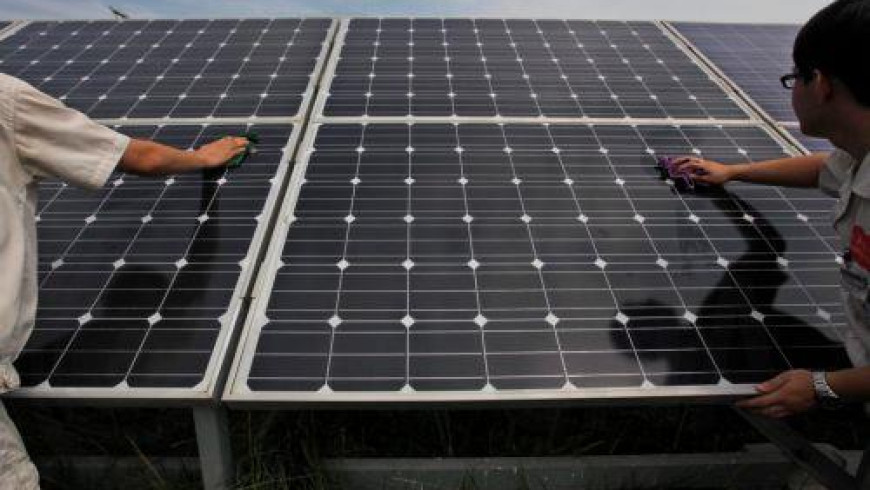

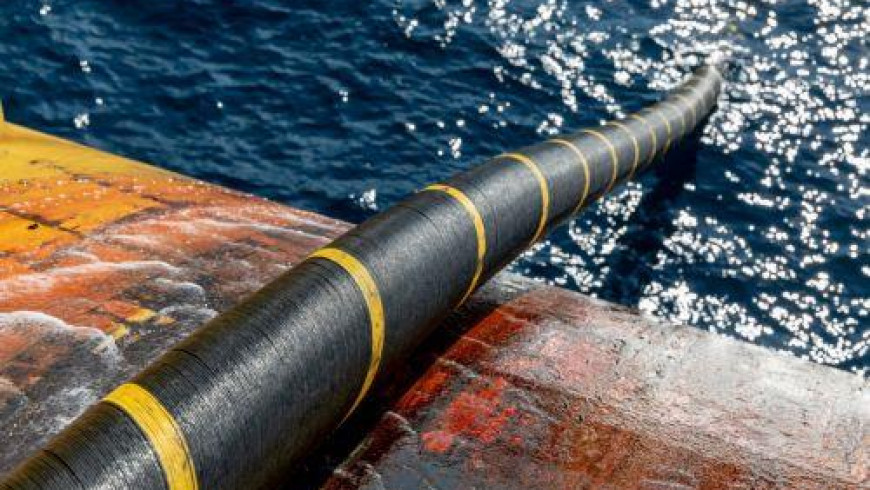
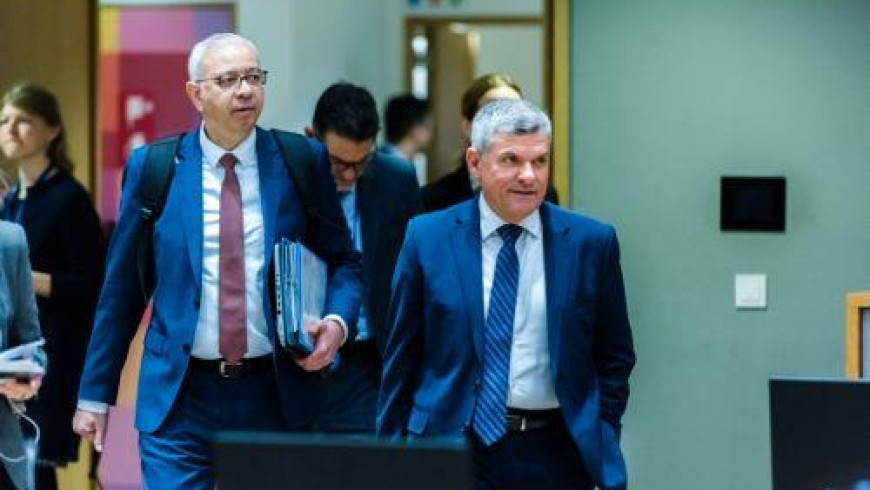
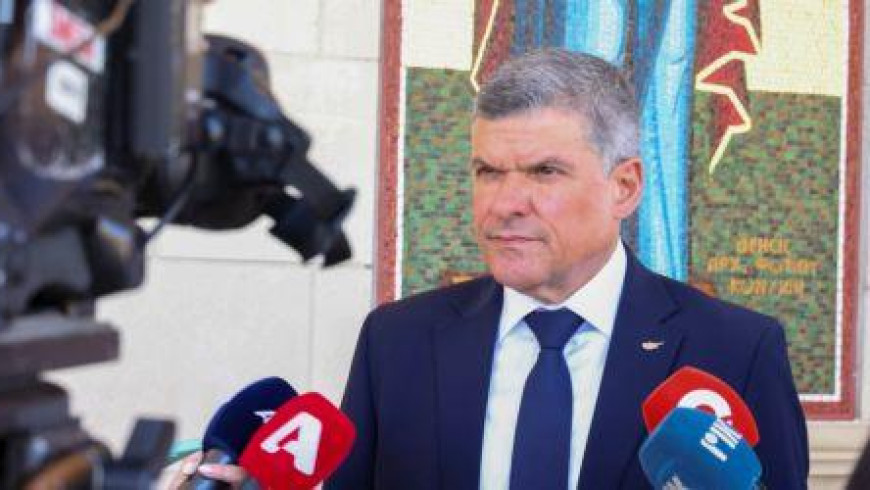
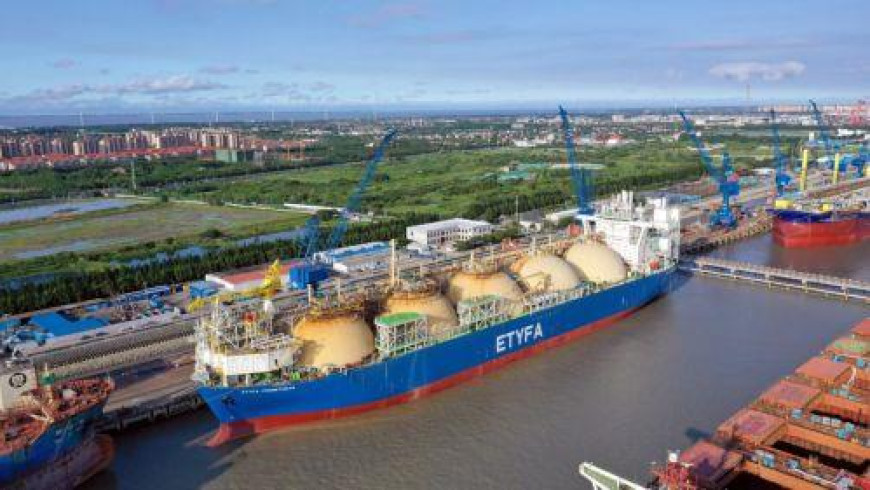
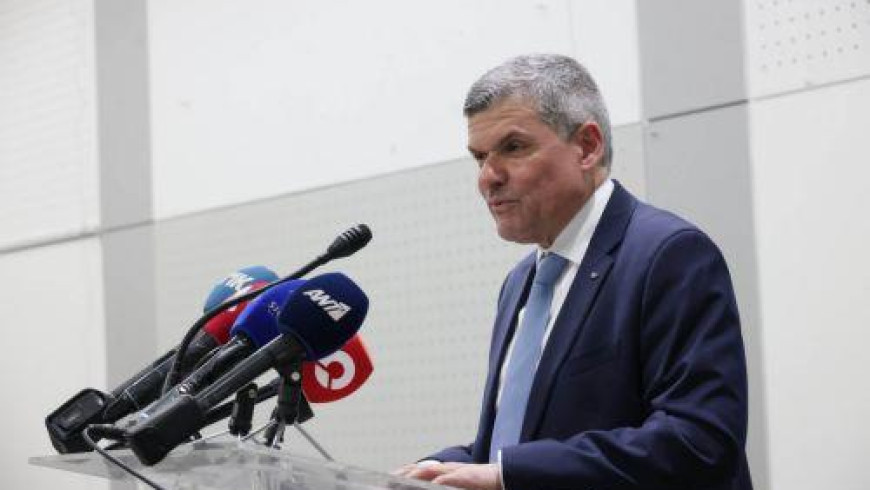




 3287.99
3287.99 1275.09
1275.09
